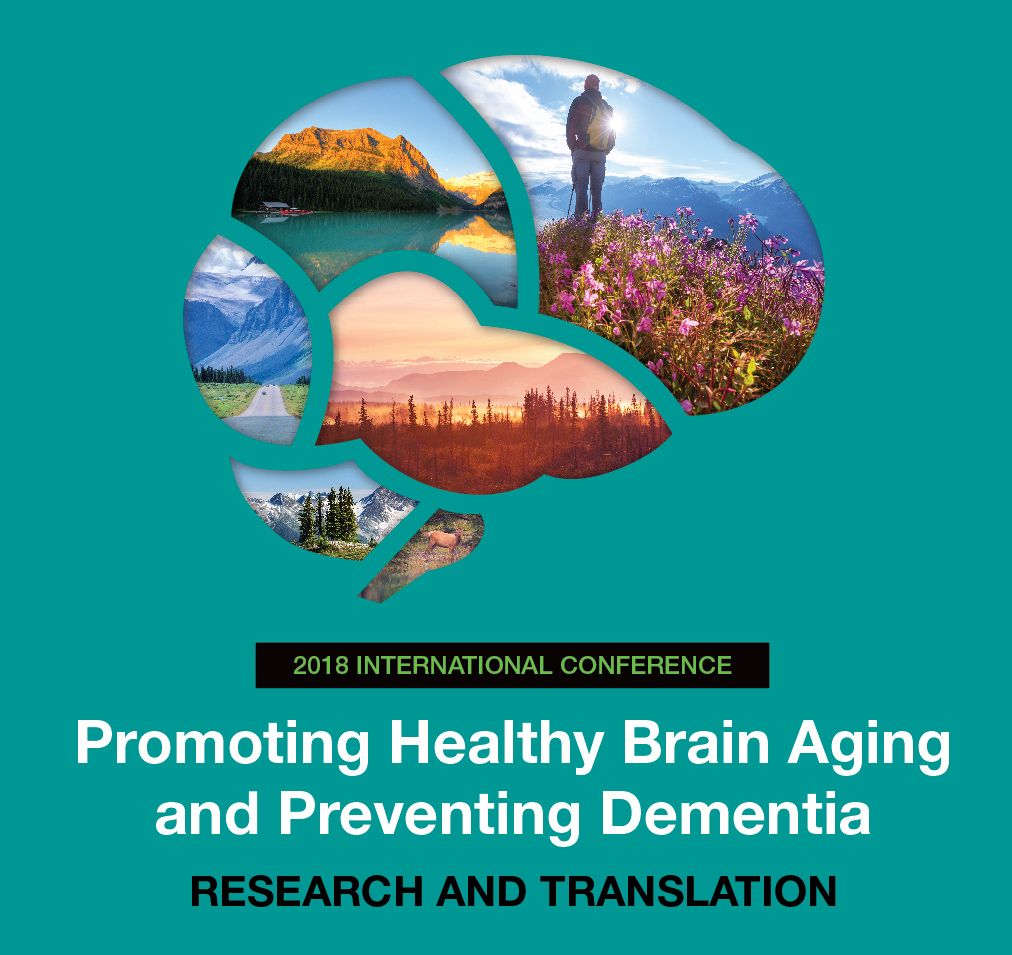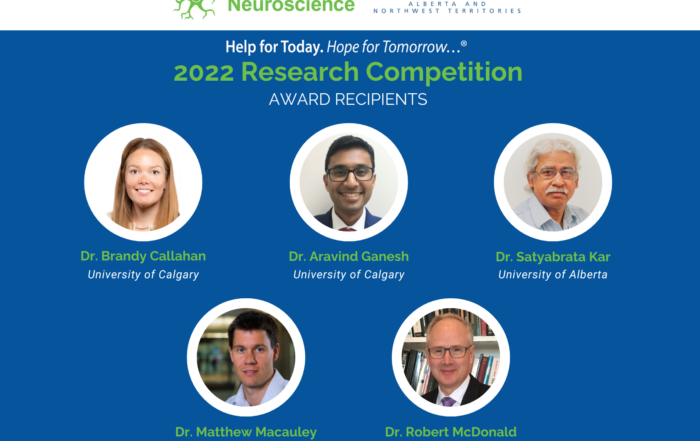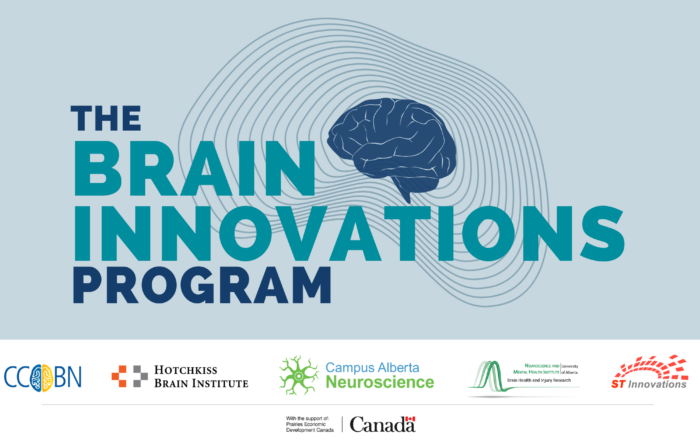Over 180 local and global researchers, trainees, healthcare professionals, and members of the community gathered this June for the second International Conference on Promoting Healthy Brain Aging and Preventing Dementia: Research and Translation, advancing discourse, promoting collaboration, and engaging stakeholders and the broader community in research conversations.
June 30, 2018
Sharing knowledge and forging connections to advance Healthy Brain Aging and Dementia
2018 International Conference
Promoting Healthy Brain Aging and Preventing Dementia: Research and Translation

Over 180 local and global researchers, trainees, healthcare professionals, and members of the community gathered this June for the second International Conference on Promoting Healthy Brain Aging and Preventing Dementia: Research and Translation, advancing discourse, promoting collaboration, and engaging stakeholders and the broader community in research conversations.
After the success of the 2016 event, Campus Alberta Neuroscience (CAN) and the Alberta Healthy Brain Aging and Dementia (HBAD) research community returned to Banff to host the second Healthy Brain Aging and Preventing Dementia: Research and Translation international conference from June 20-22, 2018 at the Banff Centre for Creativity. The conference brought together experts from around the world to share knowledge, discuss the latest research technology, shape new connections and collaborations, and promote healthier brain and cognitive aging.
This international event provided an opportunity to put Canada and Alberta on the global stage to spotlight expertise in research, healthcare, and policymaking. The conference highlighted innovative ideas and facilitated new connections for Alberta’s neuroscience research community, amplifying efforts to relieve the burden of dementia on world populations.
Across the vast spectrum of dementia research and translation
Dementia research is a complex subject covering multiple topics, from basic mechanisms to emerging technologies to application through health system implementation. Conference events were designed to address this diversity by featuring perspectives from different fields, backgrounds, and professions. The three-day program saw presentations, panels, and discussions on five comprehensive themes:
- Biomarkers in healthy brain aging and dementia
- Neurodegeneration and brain connectivity
- Animal models of neurodegeneration and dementia
- Exercise and cognitive interventions
- Applied research in dementia
Speakers and presenters included delegates from the Universities of Alberta, Calgary, and Lethbridge, in addition to other Canadian and American schools, and even international colleges and universities. The program was built to give a glimpse into the variety within the world of dementia research and translation, highlighting its multi-dimensionality and bringing awareness to the progress and challenges in developing novel therapies and interventions. Researchers, trainees, and other professionals found an opportunity to learn about areas outside their specializations and different evidenced-based dementia care approaches. For many, it gave a renewed purpose to their research and reminded them of how their work fits into the bigger picture.
Main events at the conference provided exposure to a broad set of experts, including high-profile representatives from provincial, national, and international research institutions. In particular, Dr. Taran Dua of the World Health Organization (WHO) gave the keynote address on the opening night. Dr. Dua is leading the WHO’s work in dementia, now coordinating the implementation of a global action plan for dementia. Her talk, World Health Assembly Adopts Global Action Plan on the Public Health Response to Dementia, provided insight on how research knowledge is translated into policy.
The second day of the conference closed with a keynote lecture titled Genomic Analysis of Neurodegeneration from Professor John Hardy, a geneticist and molecular biologist from University College London, whose research focuses on neurological disease. The two keynotes were a highlight for many in attendance.
Building a global network to solve a global problem
Several opportunities were generated during the conference, yielding new avenues of support for Alberta neuroscientists. CAN is looking forward to exciting partnerships in development with organizations such as the Ontario Brain Institute and the Alzheimer Society of Alberta and Northwest Territories.
People with lived experience and their families found the event to be an excellent forum to better connect with the research and care community that they rely on. Researchers and trainees were in turn exposed to the realities of living with dementia, reminding them of the foundational driving force for their work.
The conference connected researchers across disciplines and borders - provincial and national - facilitating new ideas and helping to re-conceptualize problems and approaches. Researchers, trainees, and professionals found new feedback, techniques, potential partnerships, international connections, and integrated understandings of their own work, setting the stage for future progress in the area of healthy brain aging and dementia.



